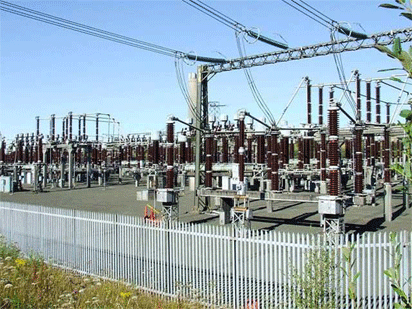
By Yinka Kolawole
The ongoing energy crises characterized by high cost of diesel and epileptic power supply have added to the pain points of manufacturers pushing their energy cost well above 40 percent of total production costs.
The Director-General, Manufacturers Association of Nigeria (MAN), Mr. Segun Ajayi-Kadir, who disclosed this in a chat with Vanguard, noted that the impact of the crises has led to a plunge in the capacity utilisation of manufacturers.
His words: “The rising price of Automotive Gas Fuel (AGO) otherwise known as diesel is very worrisome as it is negatively impacting on businesses especially the manufacturing sector of the economy.
“There is a rise in price due to the increase in price of crude oil in the international market which has gone above $110 per barrel. Knowing also that diesel has been deregulated removes the question for a buffer to the cost. The law of demand and supply is at play here, and since we have historically lacked local refining capability, we are left at the mercy of the vagaries of international price and the geopolitics of it.
“Unfortunately, manufacturers who largely rely on diesel to run their factory, due to unreliable grid power supply, are contending with huge cost to sustain their production line.
“The information from MAN members equally indicates that the production capacity utilization has been going down because of the unsustainable cost for running daily production on diesel.
“The direct implication of this trend, as many Nigerians are already feeling the heat, is the reflective high cost of goods in the market owing to the high cost of production.
“Making the matter worse is the inadequate energy supply for the manufacturing sector from the national grid. It is on record that more than N100 billion is expended per year by our members on alternative energy source which constitutes between 30 percent and 40percent of their cost structure.
“The implication is that our cost structure is thrown overboard; our working capital will be depleted by this one cost item, our capacity utilization will nose-dive since we cannot run as many shifts as we normally do, we may have to right size to fit our production profile.
“The solution is rather complex. In the short term, we can only look at how to get more favourable prices from the marketers; seek to remove other costs that are in-country like VAT on the AGO and work with government to reduce the pressure in other pain points for the Manufacturers.
“In the long run we have to do the sensible thing of making our refineries work, incentivizing the building of more refineries and generally ramping up the private sector players in the sector, including foreign ones.”
Disclaimer
Comments expressed here do not reflect the opinions of Vanguard newspapers or any employee thereof.